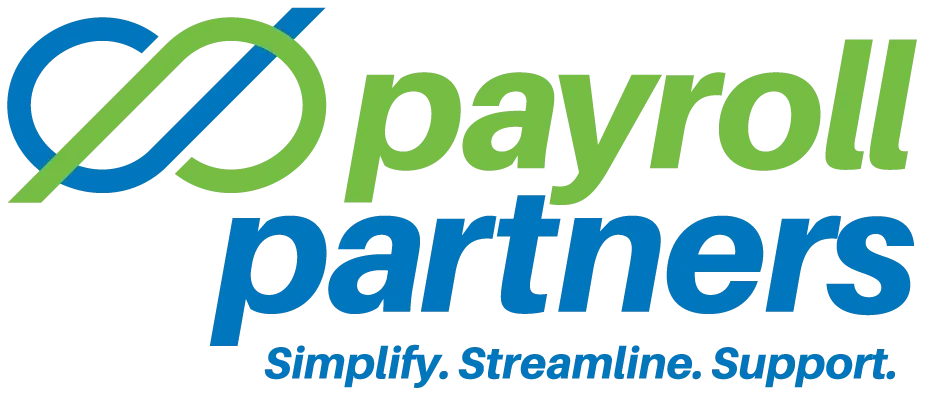The clergy housing allowance is a significant financial benefit available to ordained ministers, pastors, and religious leaders in the United States. This unique tax provision allows eligible clergy members to exclude a portion of their compensation from federal income taxation, resulting in potential savings for both ministers and their religious organizations. In this article, we’ll explore the clergy housing allowance, how it works, and the key considerations for clergy members and religious institutions.
What is the Clergy Housing Allowance?
The clergy housing allowance is a tax benefit specifically designed for clergy members who serve as ministers, priests, rabbis, or other religious leaders. Under this provision, a designated portion of their income can be excluded from federal income tax. This exclusion applies to the housing expenses incurred by these individuals, allowing them to reduce their overall tax liability.
Eligibility
To be eligible for the clergy housing allowance, a religious leader must meet certain criteria:
- Ordination: The individual must be officially ordained and recognized as a religious leader within their faith community.
- Salary Component: The clergy housing allowance is typically applicable to the portion of their salary designated for housing expenses. It does not apply to other forms of income, such as fees for performing marriages or funerals.
How Does it Work?
Here’s a simplified breakdown of how the clergy housing allowance works:
- Designate a Housing Allowance: At the start of each tax year, a religious leader should designate a portion of their compensation as a housing allowance. This should be a reasonable amount that corresponds to their anticipated housing expenses.
- Keep Records: To benefit from this tax provision, meticulous records of housing-related expenditures are crucial. This includes rent or mortgage payments, utilities, property taxes, and home maintenance costs.
- Claim the Exclusion: When filing their federal income tax return, the clergy member can exclude the designated housing allowance from their taxable income. This exclusion effectively reduces their taxable income, leading to potential tax savings.
Key Considerations
- Reasonable Housing Allowance: The amount designated as a housing allowance should be reasonable and justifiable based on actual housing expenses. An excessive allowance may not be accepted by the IRS.
- Self-Employed Ministers: Self-employed ministers, such as itinerant preachers or those without a traditional congregation, can also benefit from the housing allowance. However, the rules and calculations can be more complex in these cases.
- State Tax Implications: While the federal government allows the exclusion, state tax laws vary. Clergy members should check with their state’s tax authority to understand how the housing allowance affects their state income taxes.
- Retirement Implications: The housing allowance can affect Social Security benefits and retirement contributions. Religious leaders should consult with financial advisors to make informed decisions.
The clergy housing allowance is a valuable tax benefit for clergy members, providing them with an opportunity to reduce their federal income tax liability. However, understanding the rules and regulations surrounding this allowance is essential. Consulting with tax professionals and financial advisors can help clergy members make the most of this tax benefit while ensuring compliance with the law. By adhering to these guidelines and keeping meticulous records, clergy members can continue their vital work in their communities while benefiting from this unique tax provision.
This information is provided with the understanding that Payroll Partners is not rendering legal, human resources, or other professional advice or service. Professional advice on specific issues should be sought from a lawyer, HR consultant or other professional.

